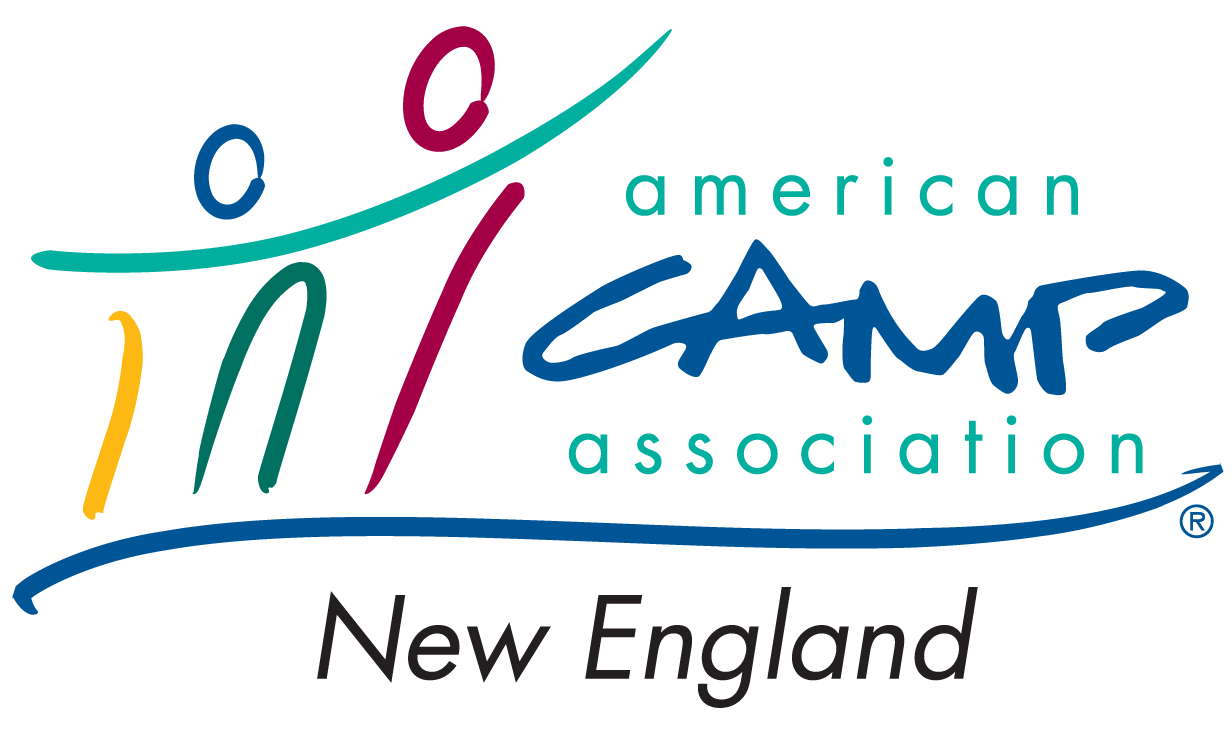Partner Check-in with Dear Scout
November 8, 2023
ACA, New England is proud to partner with organizations that support the camp experience., and we recently sat down with one of our Partners, Dear Scout.
Dear Scout is an employee benefit option for camps to provide a mental health resource to their staff through teletherapy. Liz Kimmelman is the President of Dear Scout and a Day Camp Director herself. She recently sat down with Bud to catch up on life as a camp director, business owner, and Boston Red Sox fan.
To connect with Liz or learn more about Dear Scout, visit mydearscout.com.
BUD: We’re checking in with our Partners, Dear Scout, and I’ve got Liz here with me today. For the folks who have not met you or Dear Scout, would you please introduce yourself and Dear Scout?
LIZ: Yes, of course. Thanks for having us on. We’re really excited to be partnering with you. I’m Liz Kimmelman. I’m the president of Dear Scout, and I’m also the owner and director of Tumbleweed Day Camp, which is a day camp in Los Angeles.
Dear Scout is a member-based employee benefit that we offer for summer camps throughout the country. We have member camps that join on and through membership, their staff get access to teletherapy, so video therapy throughout the summer while they’re working at the camp. It’s an employee assistance program basically, but it’s a benefit that you as a camp offer to your staff. All told, we are at camps including over 70,000 staff that could have reached out for care. We have seen great growth recently, and it’s been a really wonderful opportunity to work with organizations like ACA, New England to really build relationships and to get to do stuff like this.
BUD: You mentioned that you’re not just a business owner and founder of Dear Scout. You’re also a camp director, and that’s why I was super excited to check in with you here at the end of October, or early November, because we are starting to transition, figuratively and literally with the seasons. What is on your mind as you enter into this “off-season”, and what should people be kind of thinking about?
LIZ: For us at least for day camp, we’re starting to think about staffing and how we are promoting our camp as a brand and as a place where folks want to work. How are we showing that we care for our staff? We know that our staff really value a location and a place where they feel cared for and they feel valued, a place where they can grow. And so we’re backward engineering that a little bit and thinking about how are we doing that when we’re thinking about recruiting, when we’re thinking about our brand identity, and when it comes to our employer identity.
There are some really wonderful things about outing and running a seasonal business, as you all know, and part of that is we get a little bit of time in September and October before things start to ramp up again to think big picture. Two things that we’ve been playing with a little bit are the recruitment aspect and the logistics around projecting ourselves as a place where folks are gonna work. But then what goes with that is creating a space where we have a culture of care.
How are we caring for our staff? What are the things that we’re doing in the off-season? What are the things that we’re doing during the season that are really going to lead to folks feeling like they’re cared for? That’s going to also help with retention, so I don’t have to do as much recruitment if I have a good chunk of folks that wanna come back because they feel like this is a place where they belong. They feel like this is a place where they can grow, and this is a place where they feel valued.
BUD: I will absolutely publicly right here and now state that if you hear me use the phrase “culture of care”, I got it from Liz Kimmelman at Dear Scout, because I do love that phrase culture of care. A lot of conversations within the Association and just around camping are about staff culture right now, specifically staff culture, because a lot of camps might know what their product is to their primary customer, but obviously, you have the staff as that secondary customer, or sometimes they’re the primary customer, right? Like during the hiring season.
LIZ: Right, during the hiring season, you have to shift your company brand outwardly facing towards that other customer because you want the best applicants and you have to show off, you have to show that you’re going to be a place where these amazing people want to work. We know that happy staff means happy kids. And so if you’re really just looking at your bottom line, which again, as a business owner, like a lot of my decisions do come down to money, and so if I’m looking at that, and I want my camp to be filled, I know that’s only gonna happen when I can offer the best product and the best product can only come with happy staff and cared for staff.
What are you doing to make your product the best product you can possibly be? It can only be that way if you’re caring for your staff and you’re really diving into how is this part of your culture and not just a one-off check thing of you know?
BUD: I love that happy staff make happy campers because that is absolutely true. Last question, did you put that Boston Red Sox pennant up just because you knew you were talking to ACA New England today?
LIZ: No, I am a, I don’t think you can, you can’t see on my other wall, I have the Times Magazine from when [the Red Sox] won in 2004.
BUD: Okay. All right. Her bona fides are good friends. It’s not for show. For those of you who don’t know, Liz operates out of the West Coast. And so that’s why I was a little suspect of my adopted homeland. All right. Well, Liz, thank you so much. I look forward to checking in with you again in a couple of months. And for folks who might want to find you between now and the next time you and I chat, how might they do that?
LIZ: So you can visit mydearscout.com. We don’t have any kind of social media stuff hanging out, but you can feel free to go on there. And my contact information’s all over that, as well as the contact information for our head clinician, Molly Karl, and she’s also a great resource too for a lot of stuff like this. Thank you.
BUD: Thank you so much. Take care until next time.
LIZ: Awesome. Thank you so much for having me.


